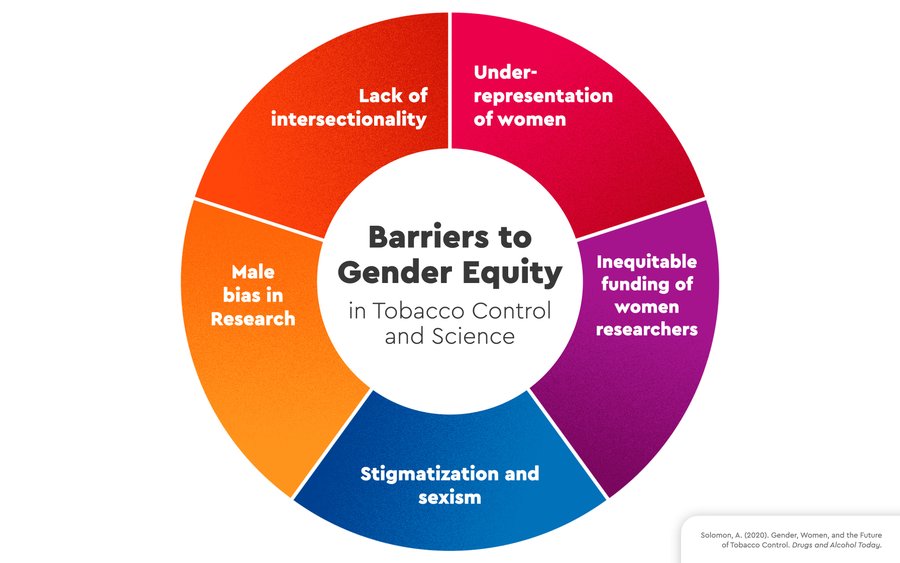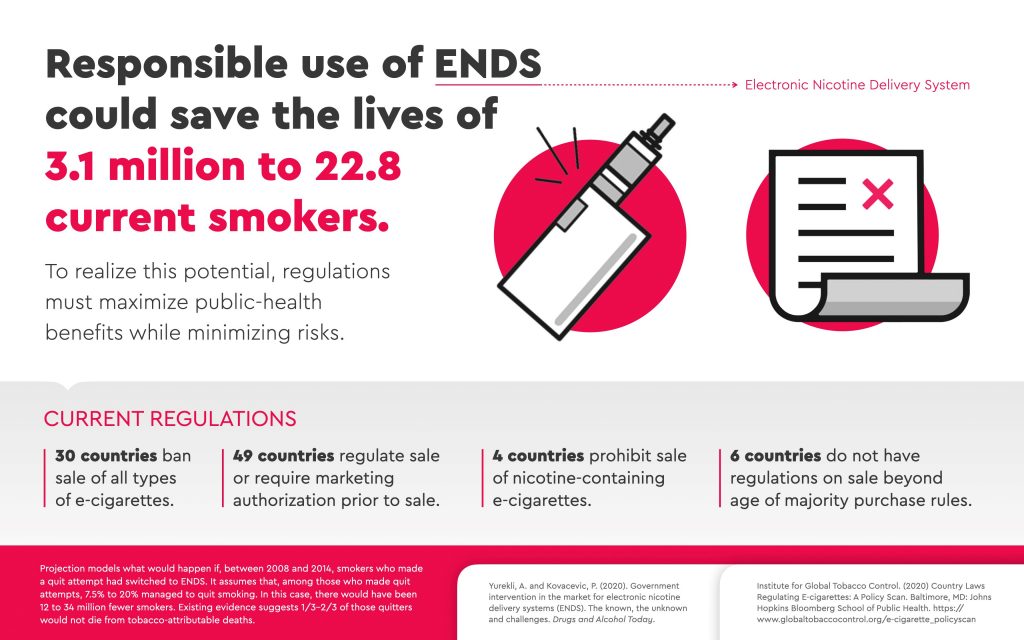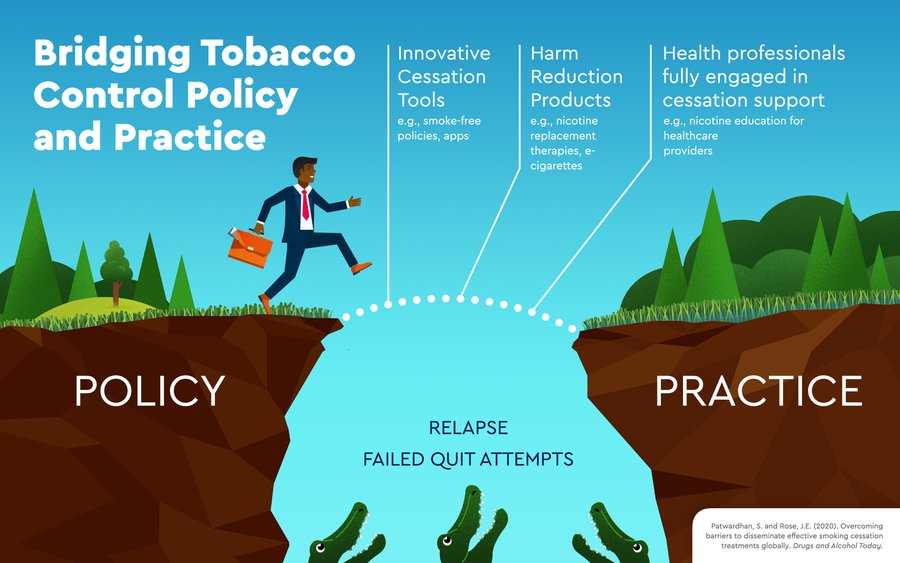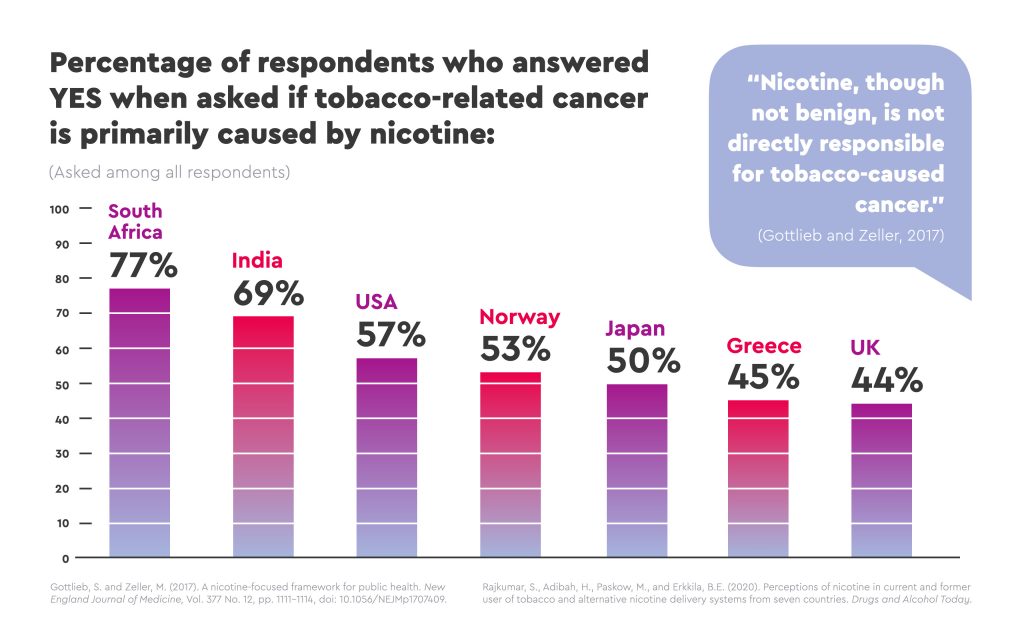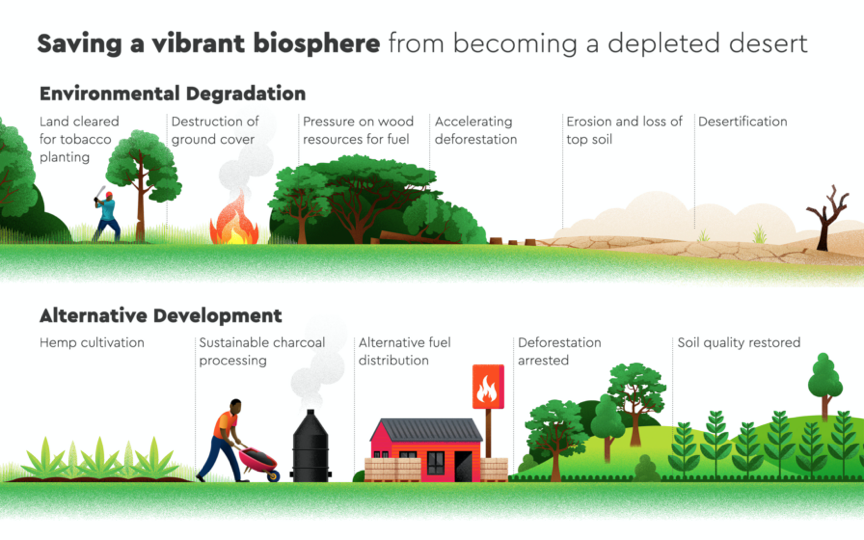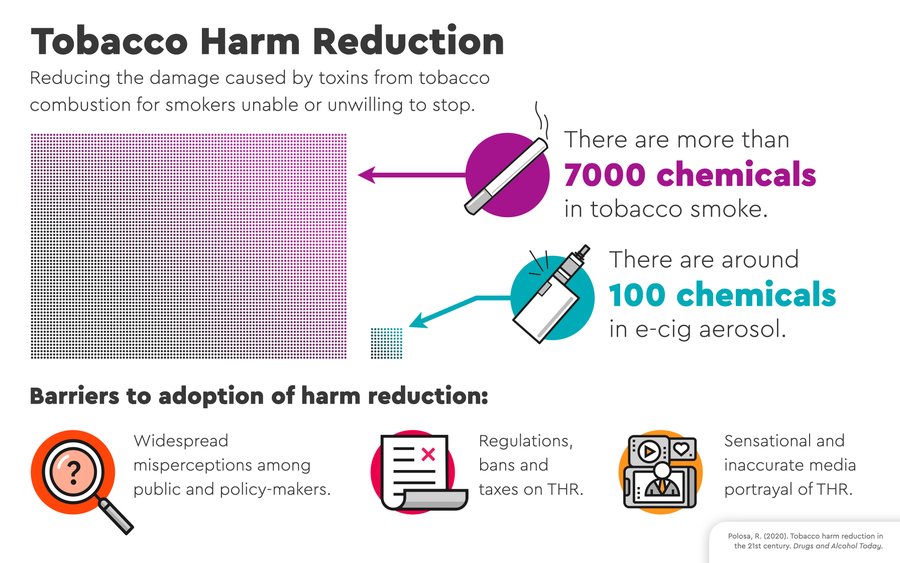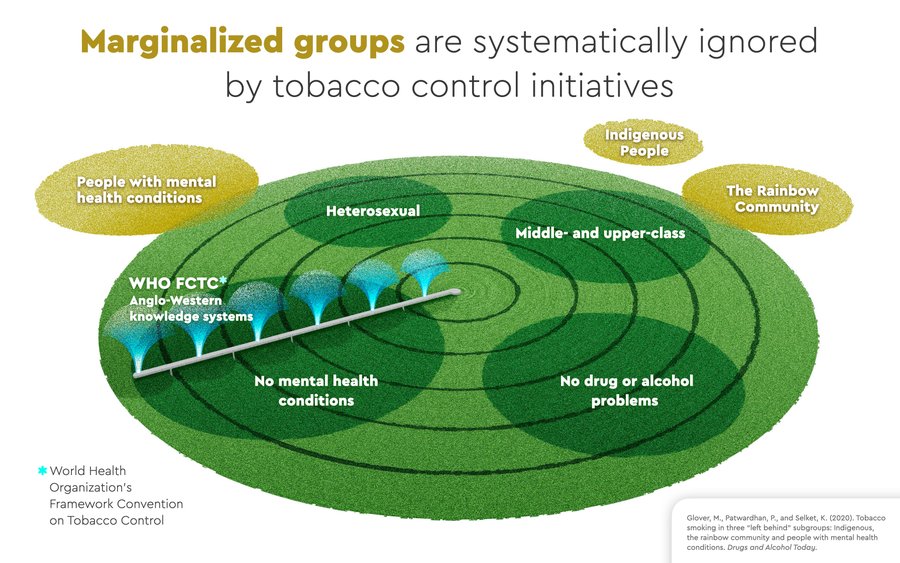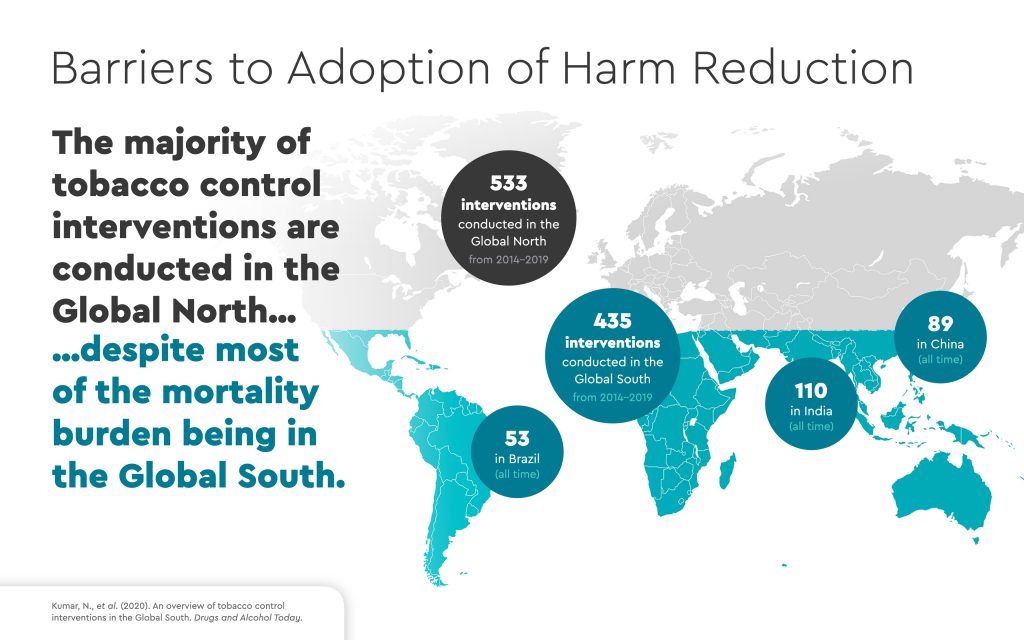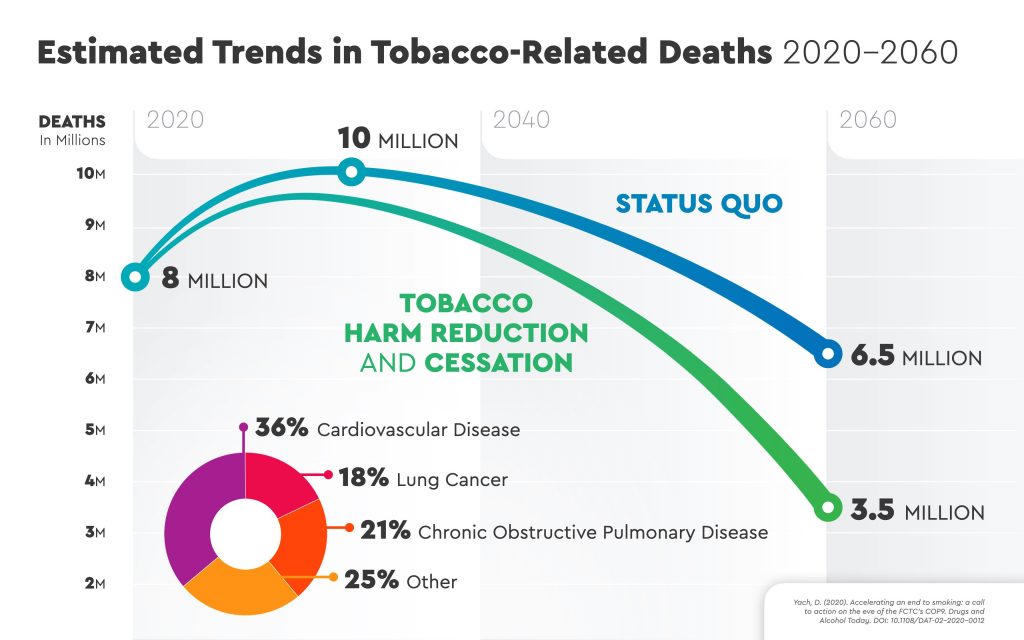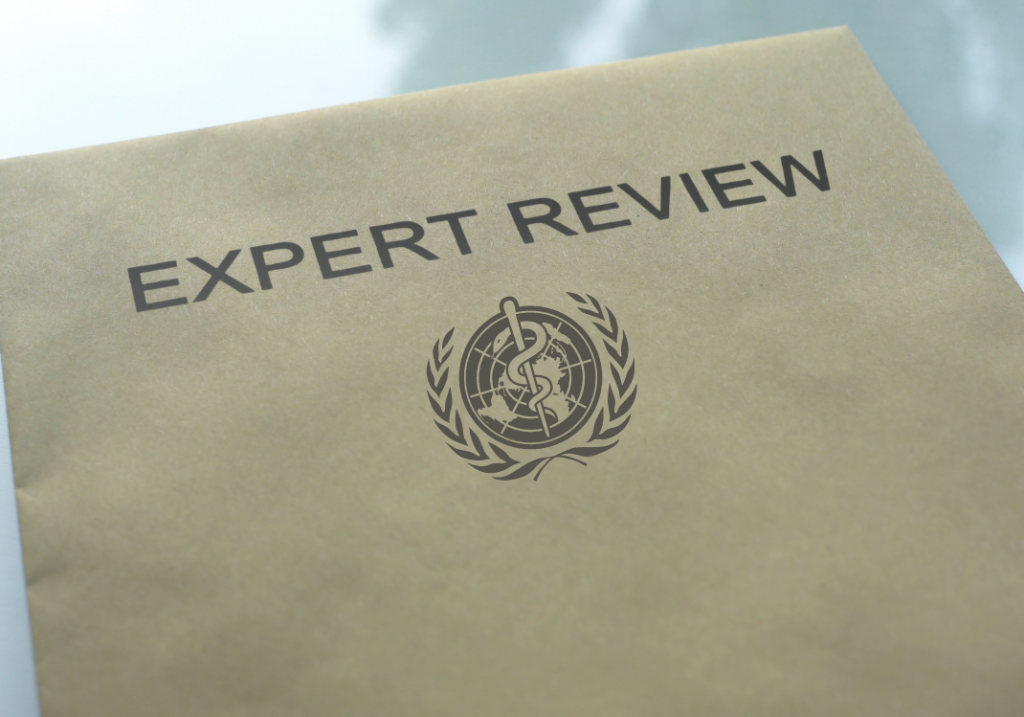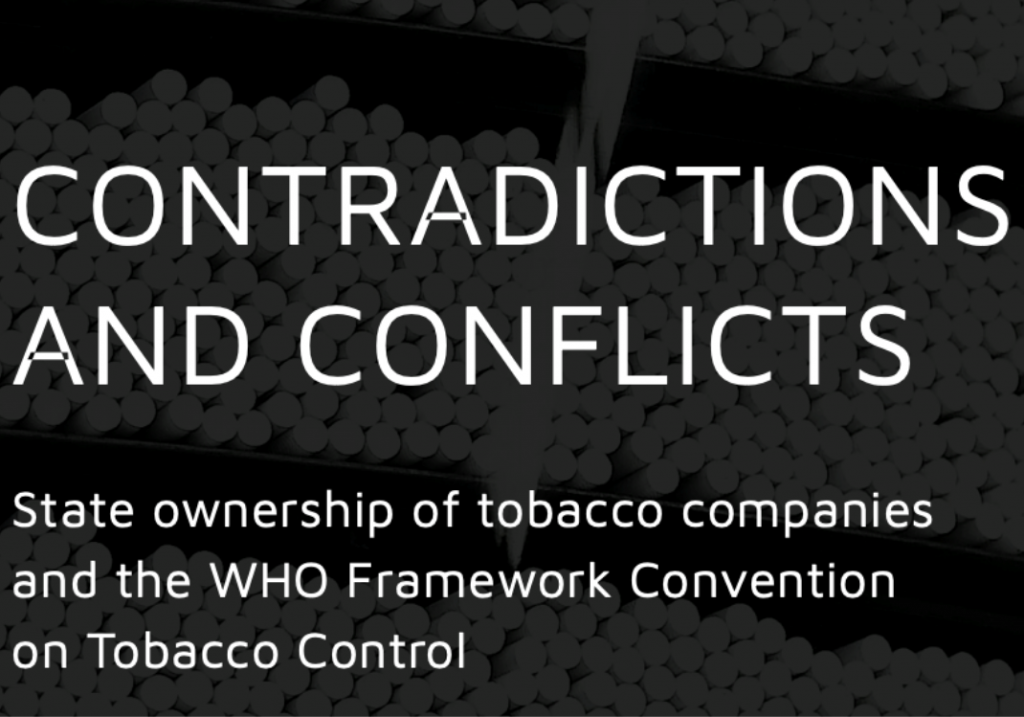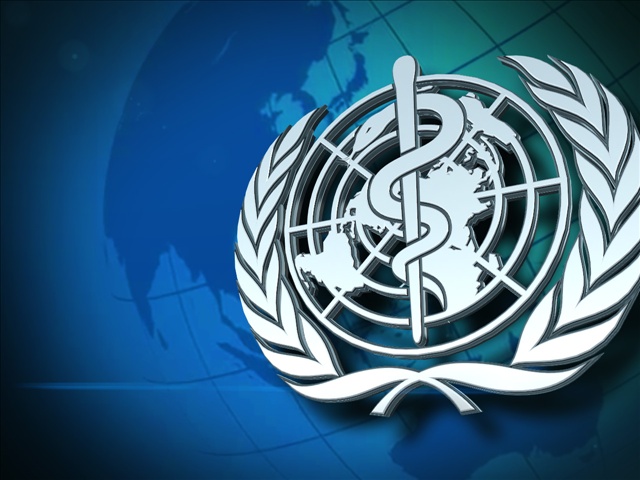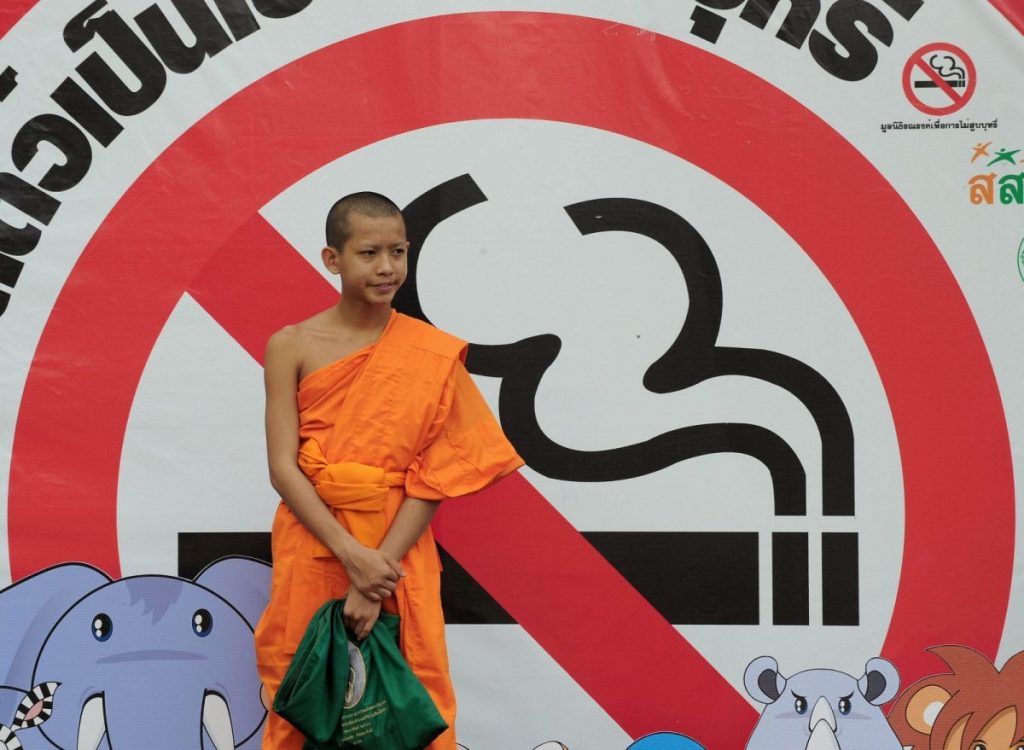Home
COP92021
Fifteen years ago, the World Health Organization developed the Framework Convention on Tobacco Control (FCTC), the goal of which is to provide governments with guidelines for reducing tobacco use. Since then, representatives have convened every two years to discuss ways in which the FCTC, or its implementation, might be improved. This meeting is referred to as the Conference of the Parties (COP), and its ninth iteration is scheduled to take place in November of 2021.
Featured Research
A special issue of Drugs and Alcohol Today explores progress towards the goals outlined in the Framework Convention on Tobacco Control (FCTC). Featuring the following peer-reviewed articles by Foundation staff, grantees, and other prominent experts, the issue also describes strategies for improving the FCTC and its implementation.


